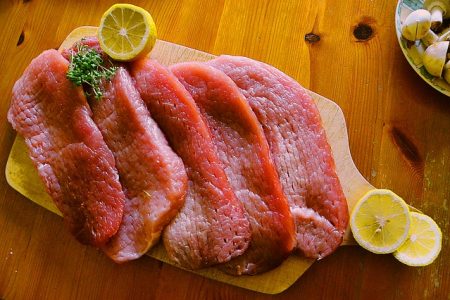Processed meats can cause cancer, says WHO

The World Health Organization’s International Agency for Research on Cancer (IARC) has warned of the cancer risk associated with eating processed and red meat in a report published today.
The report, which evaluates the carcinogenicity of the consumption of processed meat and red meat, finds:
- Processed meat is classified as ‘carcinogenic to humans’, based on sufficient evidence in humans that the consumption of processed meat causes colorectal cancer
- Red meat is classified as ‘probably carcinogenic to humans’, based on limited evidence that the consumption of red meat causes cancer in humans and strong mechanistic evidence supporting a carcinogenic effect.
It concludes that each 50g portion of processed meat eaten daily increases the risk of colorectal cancer by 18%.
Dr Kurt Straif, head of the IARC Monographs Programme says, “For an individual, the risk of developing colorectal cancer because of their consumption of processed meat remains small, but this risk increases with the amount of meat consumed.
“In view of the large number of people who consume processed meat, the global impact on cancer incidence is of public health importance.”
In response to the publication of the report, Jim McLaren, chairman of Quality Meat Scotland (QMS), highlights the nutritional benefits of eating red meat and points out that average meat consumption in the UK is well below the 50g portion mentioned in the report.
“IARC’s findings suggest that eating 50g of processed meat brings a small increase in risk. However, average consumption in the UK is just 17g per day so people would have to eat three times their current level to increase their risk,” he says.
“Avoiding red meat could in fact be detrimental to health – for example, around 40% of women and teenage girls have iron intakes which are too low. Red meat is a natural source of protein, iron, zinc and B vitamins and we should continue to enjoy it in the knowledge that it plays a vital role in our diets.”
McLaren also points out that vegetarians were found to have the same rate of bowel cancer as meat eaters in one of the biggest studies of its kind in the UK, carried out by Oxford University.
Dr Christopher Wild, director of IARC, adds, “These results are important in enabling governments and international regulatory agencies to conduct risk assessments in order to balance the risks and benefits of eating red meat and processed meat and to provide the best possible dietary recommendations.”



